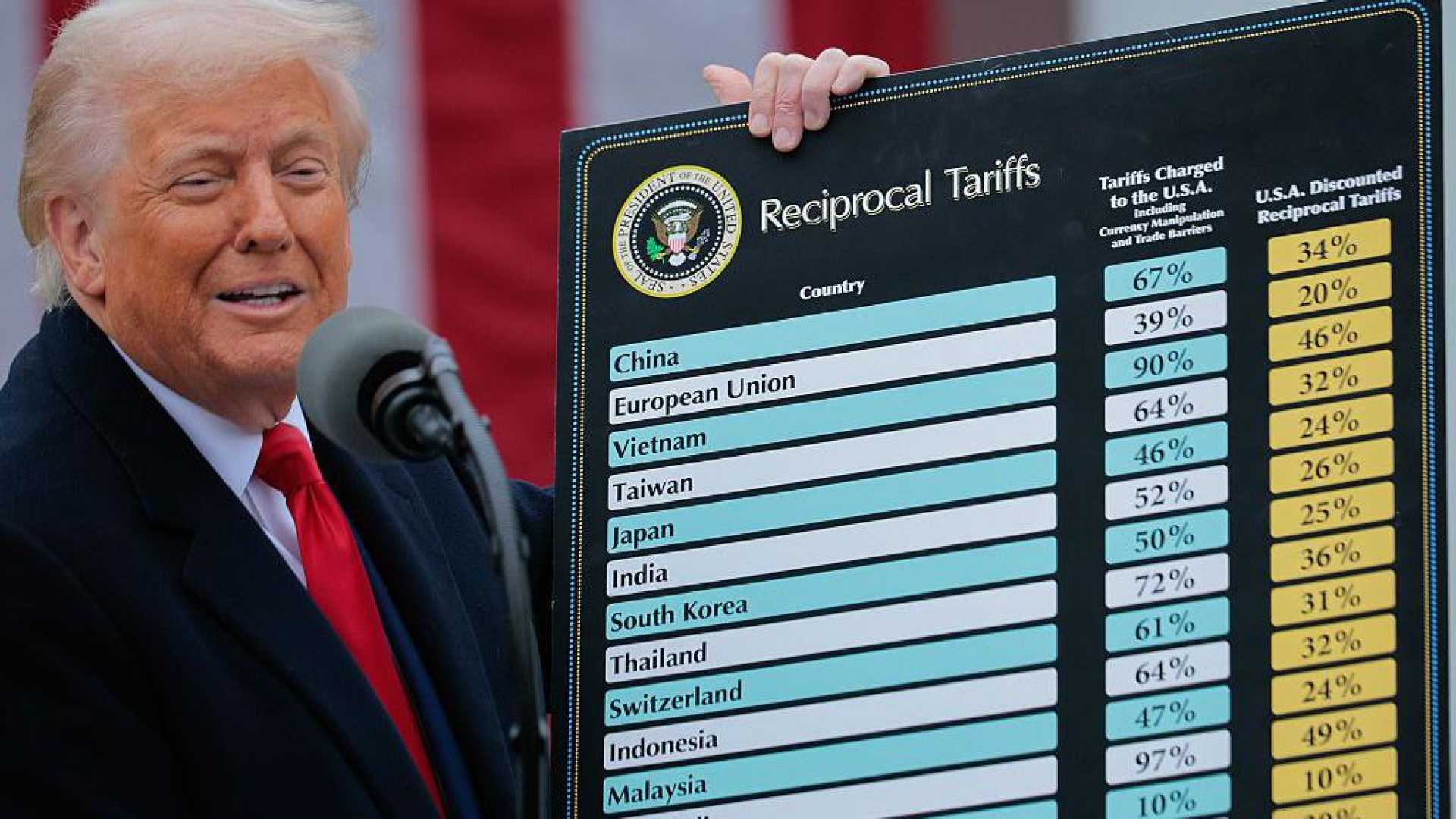Politics
Voters Blame Trump for Economic Struggles Amid Affordability Crisis

WASHINGTON (AP) — A new Fox News national survey reveals that the majority of voters are unhappy with the economy, largely blaming President Donald Trump for rising costs. The survey, conducted from November 14 to 17, 2025, shows that 76% of voters view the economy negatively, significantly worse than previous months.
Inflation continues to be a major concern for Americans, with overwhelming numbers reporting that grocery, housing, healthcare, and utility costs have increased this year. “Eighty-five percent of voters say their grocery prices went up, including 60% who noted a significant increase,” a spokesperson for the survey stated.
Trump’s approval ratings on handling the economy plummeted to a record low of 38%, as 58% of those surveyed disapprove of his overall performance. Many voters feel he is responsible for the current economic situation, with 62% blaming him compared to 32% who hold President Joe Biden accountable.
Voter sentiment varies sharply along party lines. Among Republicans, approval ratings for Trump stand at 86%, down from 92% in March. For independents and Democrats, the perception is much more negative, reflecting a growing discontent with the party’s leadership and economic policies.
Polling shows that nearly 60% feel that lawmakers do not care about the financial struggles of ordinary citizens. Many voters believe Republicans are better on issues like border security and immigration, yet they also feel Democrats can offer solutions on healthcare and affordability.
Despite Trump claiming his administration has made positive economic strides, the survey reflects a disconnect with voter sentiment. Republican pollster Daron Shaw noted, “People are struggling to afford necessities and blaming those in charge. It’s interesting to see Democrats potentially gain politically from a problem they have faced in past elections. But that’s just politics.”
As voters look forward, the report indicates a growing frustration that could impact upcoming elections, with economic issues remaining a top concern. The future of economic policy will be critical as both parties prepare for the 2026 elections.












